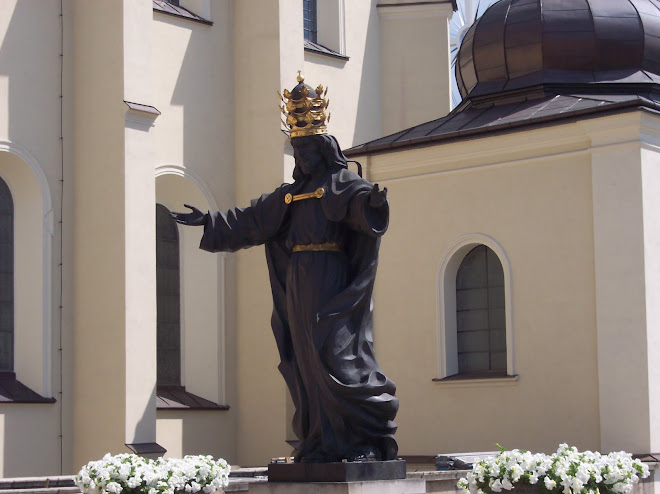In France, they have Aéroport Paris-Charles de Gaulle, and in Poland, airports named after Fryderyk Chopin and Ignacy Jan Paderewski, interpreter of Chopin, and second Prime Minister of the Polish Republic.
In England there is John Lennon Airport, which I will never use. Need I say why?
This post is most certainly linked to the previous one.
Hatred Explained
-
So, what is emerging one week after Charlie Kirk’s brutal assassination?
The assassin was the “boyfriend” of a male who fancies himself a woman.
That is, h...
7 hours ago







































